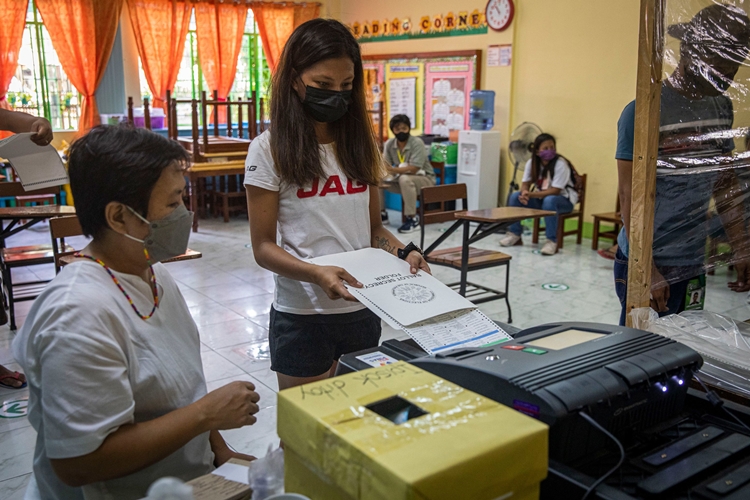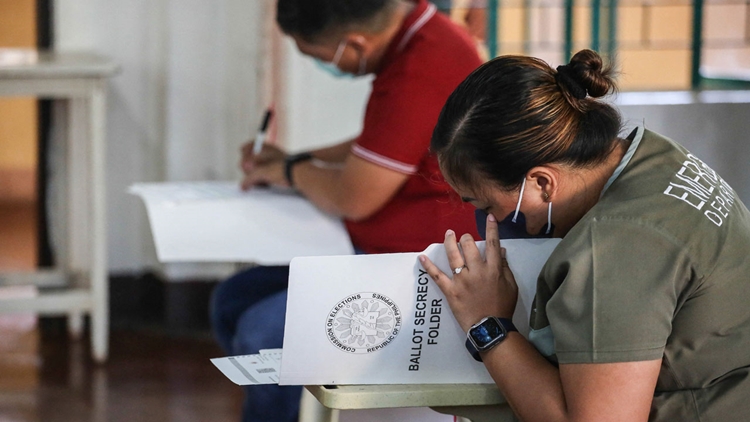The Necessity of Special Elections
Special elections are held to fill a vacant public office that is not scheduled to be filled during a regular election. They are usually called when a seat becomes unexpectedly vacant, often due to reasons like an elected official’s resignation, death, removal, or sometimes if an election outcome is contested or deemed invalid. These elections focus on filling the vacancies swiftly to ensure that the constituents have representation in government without prolonged gaps.
The process of a special election includes a new electoral competition for that particular office. Candidates have to campaign, and voters get to choose their new representative through a ballot, much like regular elections. The winner of the special election typically serves the remaining term of the vacant office until the next scheduled general election.
Special elections are important to keep our democratic systems working well. They step in when someone in government unexpectedly leaves their job, like when an elected person quits, passes away, or is removed from their role. These elections fill these sudden gaps so that people in those areas can have a voice in government again.

Their main purpose is to make sure our government doesn’t have empty seats for too long. Special elections let the public choose new leaders, giving everyone a chance to decide who should speak for them and represent their needs.
But it’s important to think about how often we really need these special elections. Holding too many of them can cost a lot of money, which might not be great for our budget. Also, doing lots of elections one after the other might tire people out. If folks feel too overwhelmed, they might not vote as much, which can make the democratic process less effective.

So, while these elections are vital for our government to run smoothly and represent people well, we need to be smart about when and how often we have them. Making sure we only have special elections when they’re really needed can help us keep the democratic process strong while not causing too much disruption or election fatigue.
Disclaimer: The opinions expressed in the above article belong solely to the author and do not reflect the views of the entire media organization. Additionally, the citations included are derived from credible sources and form the foundation of the author’s perspective. The author’s intent is not to present an inaccurate portrayal of the topic or exert influence on readers but rather to articulate their viewpoint in a formal manner.
